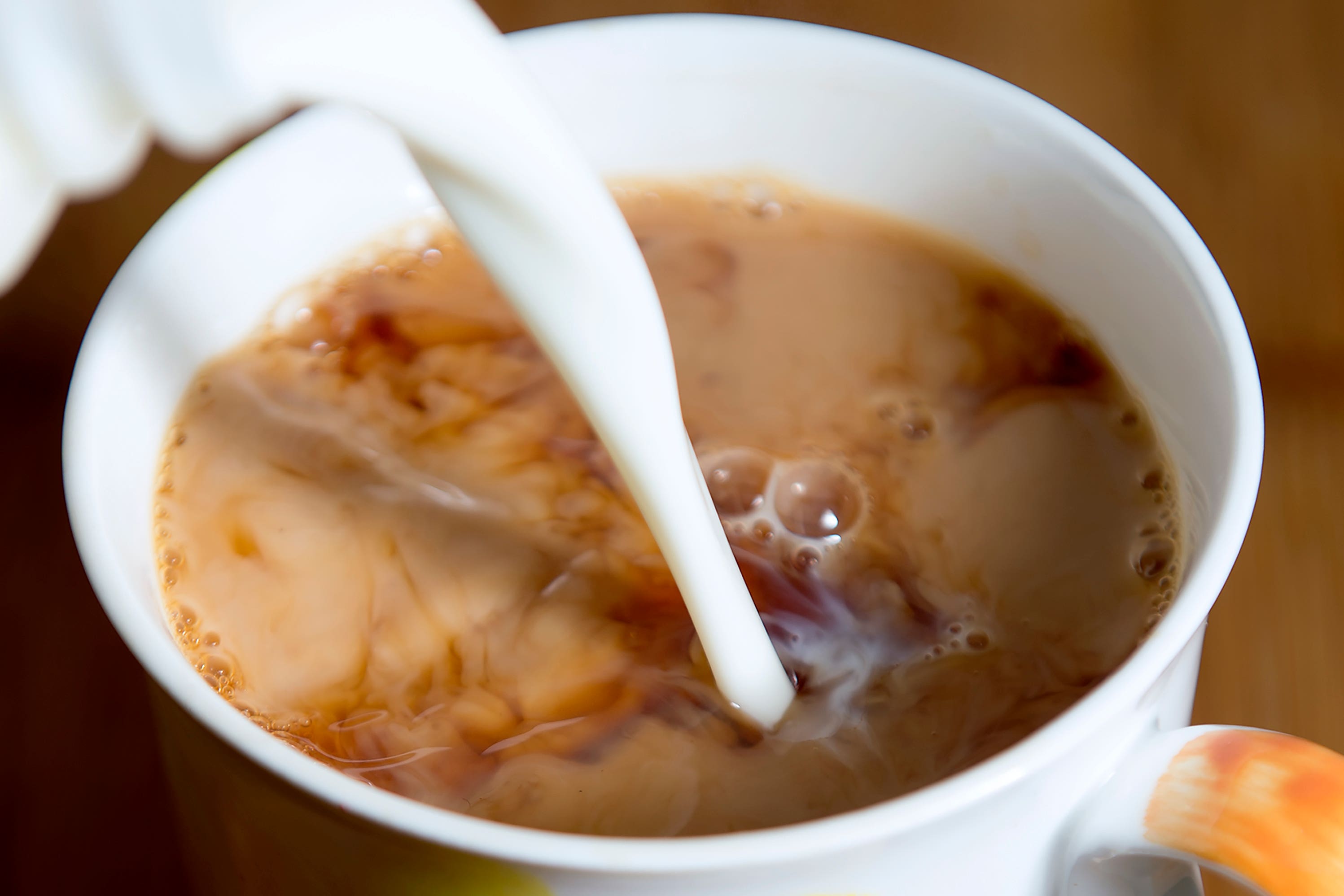Researchers testing climate mitigation measures to support tea farming
Lipton Teas and Infusions has partnered with Cranfield University for the trials in the Kericho region of Kenya.

A coalition of researchers has begun trials to test climate mitigation and resilience measures that will boost tea farming.
Lipton Teas and Infusions has partnered with Cranfield University on trials in the Kericho region of Kenya, which aim to boost tea production standards and sustainability.
The project, which is supported by the UK’s Biotechnology and Biological Sciences Research Council (BBSRC) and UK Tea and Infusions Association (UKTIA), will work to develop solutions to reduce nitrogen fertiliser-related emissions.
Combining our experience of tea growing with Cranfield University’s specialist research capabilities will enable us to identify the key innovations that this industry requires. We are moving fast because climate change will not wait
Researchers will use drone imagery and analysis for improved crop management, precision farming and multiple physical features of crops.
This will support the development of climate-resilient tea plant varieties, the coalition said.
The project will also record emissions data that can inform a new system of tea categorisation led by the UKTIA, the Tea & Herbal Association of Canada and the Tea Association of the USA.
Tea producers will then be able to calculate their carbon footprint with greater accuracy, and with results that are comparable across the industry, the researchers added.
More widely, the trials will boost scientific understanding of tea production, they said, leading to better quality tea, less wastage, and a lower environmental footprint.
Taisa Hansen, chief research and innovation officer at Lipton Teas and Infusions, said: “Combining our experience of tea growing with Cranfield University’s specialist research capabilities will enable us to identify the key innovations that this industry requires.
“We are moving fast because climate change will not wait. Our profound thanks go to BBSRC and UKTIA as, together, this multi-million-euro project will support the entire tea industry and further our mission to create value for all.”
Professor Leon Terry, pro vice-chancellor of research and innovation at Cranfield University, said: “The BBSRC grant, the deep technical expertise of our leading scientists, and the support of a tea company with the scale and experience of Lipton Teas and Infusions, will ensure well-informed first-class research supports a sustainable future for tea.”